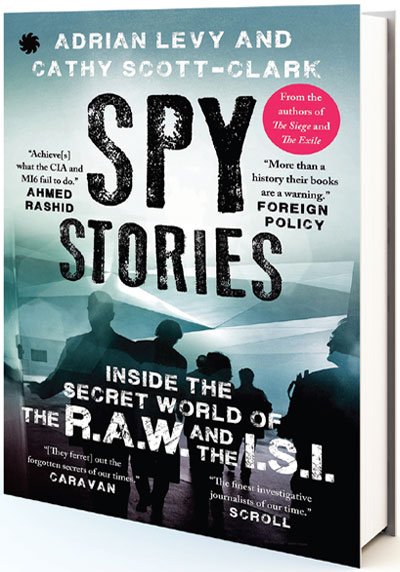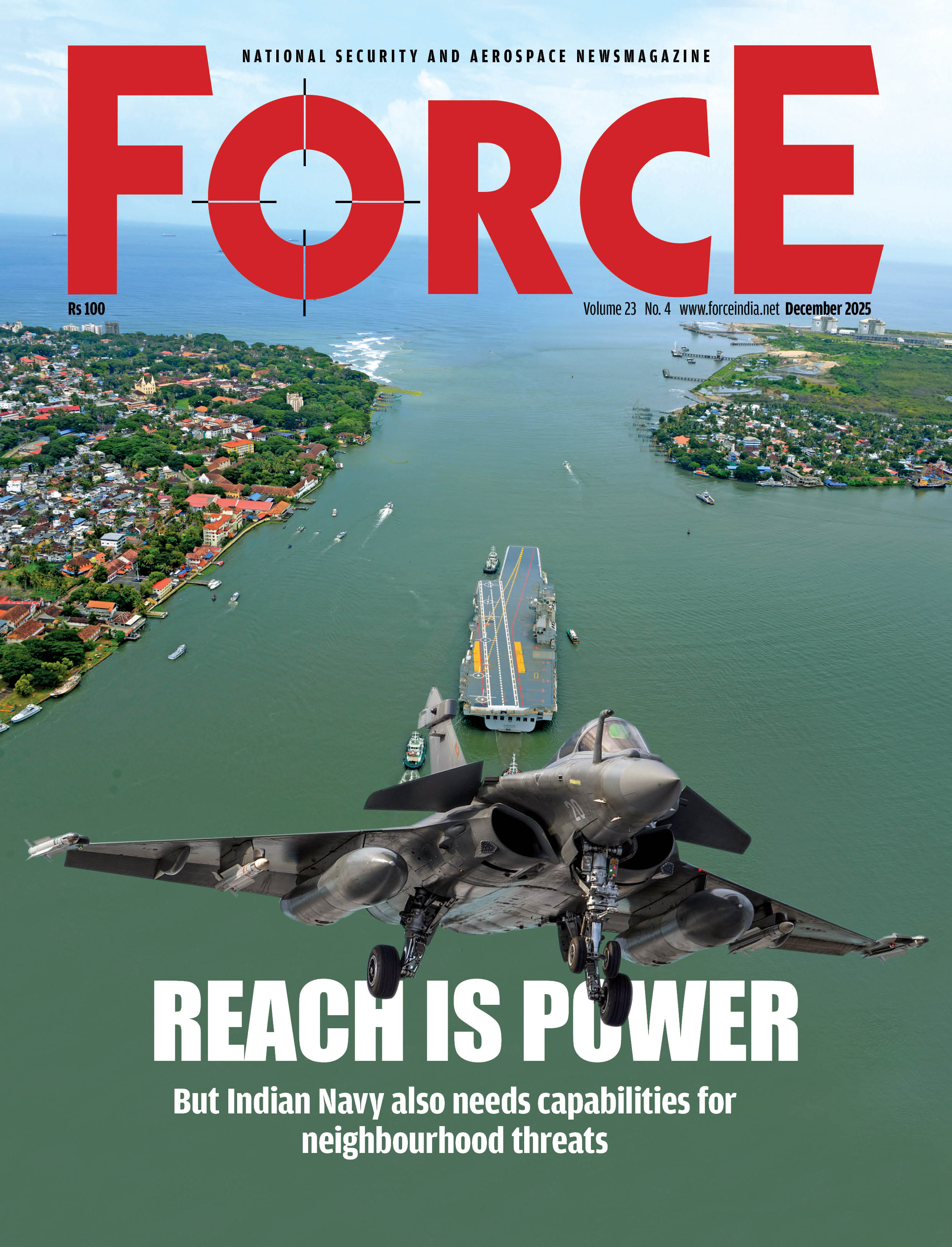Deadly Games
How the ISI ensnared the ill-prepared Indian ‘asset’
By 2016, Monisha had given up grappling with the taint of the Major Singh affair and still felt a lingering dismay over the 26/11 fiasco, and the tincture of chauvinism that she worried coloured everything. Unwilling to serve in a sectarian service, she had left Lodhi Road.
“I could not get over the fact that as we drew closer to the U.S., we, as a service, became less invested in secular democracy and far more sectarian, while telling everyone this was assertive behaviour,” she said. “This was what had happened to the I.S.I. as it became wrapped up in the C.I.A. terror wars—that service endorsing or encouraging all of its worst proclivities, as far as I could see, or tolerating them so as to maintain the relationship. The I.S.I. used the C.I.A. as cover to become its worst self. The R.A.W. seemed to be doing the same, knowing that Langley, which needed Lodhi Road, would not sanction it.”
Some senior officers in the C.I.A. told us frankly they preferred the military in Pakistan, whatever the U.S. State Department said about democracy. Multiparty politics Pakistan-style was too short-lived and messy. Pakistan frustrated Western agencies. Monisha said: “In practice India was becoming a lot like Pakistan in that our services became weighed down with religion and our analysis was bent out of shape. Spies are conspiring with politicians to create events or misconstrue them. This is not my vision of India or the R.A.W.” Other senior officers in the R.A.W. vehemently disagreed with this view, they told us, but conceded the services were polarized, “like many others, in any country. Take the C.I.A.—it’s a city and in it are many neighbourhoods with different political constituencies.”
Monisha made it to the U.S. West Coast, and it was from there that she mined down into Kulbushan Jadhav’s story for us, while we continued to stress test the I.
Subscribe To Force
Fuel Fearless Journalism with Your Yearly Subscription
SUBSCRIBE NOW
We don’t tell you how to do your job…
But we put the environment in which you do your job in perspective, so that when you step out you do so with the complete picture.








